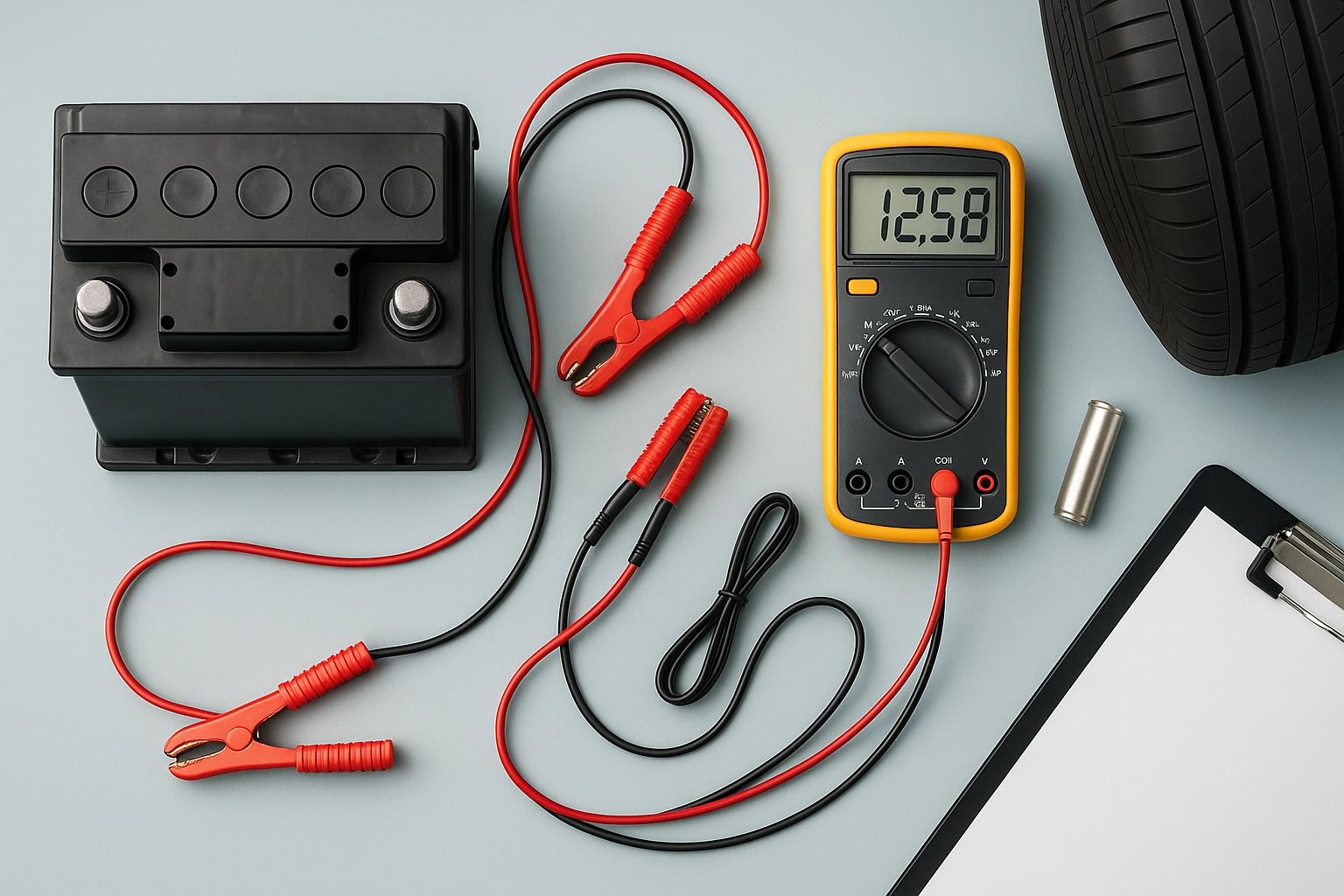SAE J2931 Wireless Battery Charging System Test
The SAE J2931 Wireless Battery Charging System Test is a critical procedure designed to ensure the safety, performance, and reliability of wireless charging systems used in automotive applications. This test evaluates the efficiency, power delivery accuracy, and thermal management capabilities of such systems. It is particularly relevant for electric vehicles (EVs) and hybrid electric vehicles (HEVs), where wireless charging can offer a convenient and efficient alternative to wired charging.
The SAE J2931 standard focuses on the interaction between a wireless charger and a battery, ensuring that both components operate within safe boundaries. The test involves simulating various real-world conditions to assess how well the system handles power transfer under different environmental factors such as temperature, humidity, and electromagnetic interference (EMI). This ensures that the system remains stable and functional even when exposed to challenging operating environments.
One of the key aspects of this test is its emphasis on safety. Wireless charging systems must be designed with multiple layers of protection to prevent overheating or overcharging, which could lead to battery degradation or even fires. The SAE J2931 standard mandates rigorous testing to ensure that these protections are effective and robust.
The test setup typically includes a wireless charger and a battery pack connected via a dedicated charging interface. The charger is programmed with specific parameters such as power levels, frequency of charge cycles, and duration of each cycle. These parameters can be adjusted based on the vehicle model being tested to simulate real-world usage scenarios. After running through these predefined conditions, the system undergoes detailed analysis using specialized equipment that measures voltage, current, temperature, and other relevant metrics.
The results from this test are crucial for both manufacturers and consumers as they provide critical insights into the performance capabilities of wireless charging systems. For manufacturers, it helps identify any potential weaknesses in their designs early on, allowing them to make necessary adjustments before product release. Consumers benefit too since reliable and safe wireless charging solutions contribute significantly to overall vehicle safety and longevity.
In summary, adherence to the SAE J2931 standard ensures that wireless battery charging systems meet stringent quality standards set forth by industry experts. By incorporating this test into their development process, automotive companies can enhance consumer trust while also complying with regulatory requirements worldwide.
Benefits
The SAE J2931 Wireless Battery Charging System Test offers numerous advantages to those involved in the design and manufacturing of wireless charging systems for automobiles. One major benefit is improved safety, which is paramount when dealing with high-voltage batteries that power modern electric vehicles (EVs) and hybrid electric vehicles (HEVs). By rigorously testing these systems according to SAE J2931 specifications, manufacturers can ensure their products meet or exceed necessary safety standards.
- Enhanced Safety: Ensures compliance with international safety regulations such as those outlined in ISO 6469-1 and IEC 60304-5. This reduces the risk of accidents caused by malfunctions during charging processes.
- Better Performance: Identifies issues early in development cycles, allowing for timely corrections that optimize power transfer efficiency without compromising safety.
- Increased Reliability: Tests under various environmental conditions help confirm long-term durability and reliability of wireless chargers and battery packs.
- Compliance Assurance: Helps maintain regulatory compliance with local standards like the US Department of Transportation's (DOT) Federal Motor Vehicle Safety Standards (FMVSS).
Another significant advantage is enhanced reputation among stakeholders. Companies that adopt SAE J2931-compliant testing practices demonstrate their commitment to innovation and quality, thereby gaining competitive advantages in both domestic and international markets.
Why Choose This Test
- Comprehensive Evaluation: The SAE J2931 Wireless Battery Charging System Test provides a thorough assessment of wireless charging systems, covering aspects like power delivery accuracy, safety features, and thermal management.
- Rigorous Standards: Adherence to this standard ensures that the tested products meet stringent quality benchmarks established by industry leaders.
- Real-World Simulations: By simulating diverse operational scenarios, including extreme temperatures and electromagnetic interference (EMI), this test prepares wireless chargers for practical use.
- Regulatory Compliance: Meeting SAE J2931 requirements helps companies stay ahead of regulatory changes, ensuring ongoing compliance with relevant laws and regulations globally.
The SAE J2931 Wireless Battery Charging System Test is indispensable for quality managers, compliance officers, R&D engineers, and procurement professionals seeking to ensure the highest levels of safety, performance, and reliability in automotive wireless charging systems. This comprehensive evaluation not only enhances product quality but also fosters trust among consumers who rely on these technologies.
Competitive Advantage and Market Impact
The SAE J2931 Wireless Battery Charging System Test plays a pivotal role in shaping competitive landscapes within the automotive industry, influencing both product development strategies and market positioning. By ensuring compliance with this standard, manufacturers can differentiate themselves by offering safer, more efficient wireless charging solutions that align closely with evolving consumer expectations.
- Enhanced Consumer Trust: Meeting rigorous safety standards like those specified in SAE J2931 builds customer confidence, promoting brand loyalty and positive word-of-mouth recommendations.
- Innovation Leadership: Early adoption of advanced testing methodologies positions companies as leaders in innovation, driving technological advancements that benefit end-users.
- Pricing Strategy Flexibility: Demonstrating adherence to high-quality standards allows firms to set competitive pricing strategies without sacrificing product quality or safety.
- Global Market Access: Compliance with international standards opens doors for broader market penetration, particularly in regions where stringent regulations are enforced.
In conclusion, embracing the SAE J2931 Wireless Battery Charging System Test equips companies with a strategic advantage that extends beyond mere compliance; it sets them apart as pioneers committed to excellence and sustainability. This commitment translates into tangible benefits for all stakeholders involved in automotive wireless charging systems.





